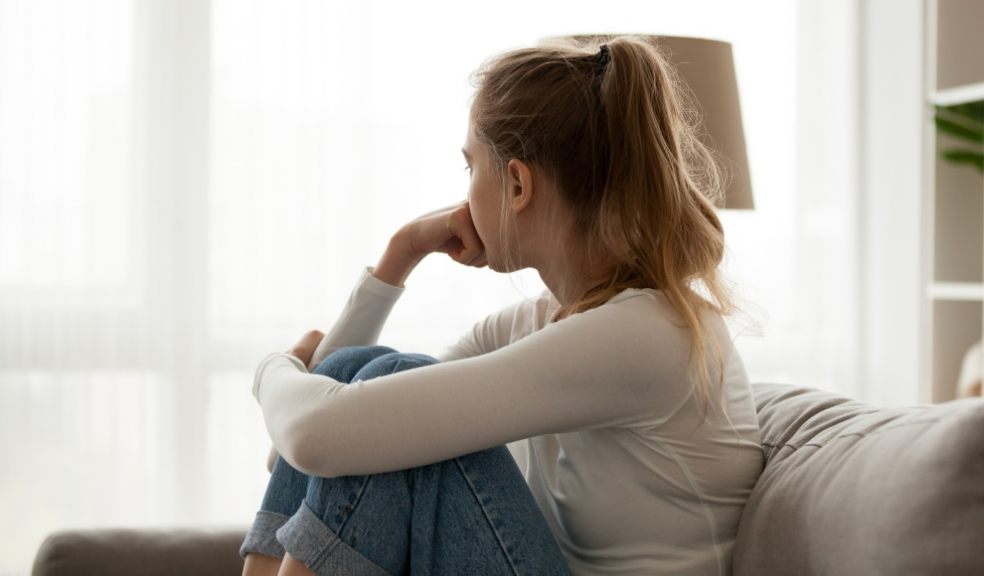
Early miscarriage can cause post traumatic stress: A midwife explains why
Losing a baby can be devastating for a woman, whatever the stage of her pregnancy. Yet if a miscarriage is early, it can often be brushed off as little more than a blip on the reproductive journey.
However, new research by Tommy’s National Centre for Miscarriage has found around 29% of women experience post-traumatic stress disorder (PTSD) a month after an early miscarriage – a pregnancy loss before 12 weeks – or ectopic pregnancy (which always results in early miscarriage). Almost a quarter (24%) of women who’d had an early miscarriage or an ectopic pregnancy experienced moderate to severe anxiety, and 11% had moderate to severe depression.
After nine months, 18% of women had post-traumatic stress, 17% had moderate to severe anxiety, and 6% had moderate to severe depression.
Professor Tom Bourne, lead author of the research, says: “Pregnancy loss affects up to one in two women, and for many women it will be the most traumatic event in their life. This research suggests the loss of a longed-for child can leave a lasting legacy, and result in a woman still suffering post-traumatic stress nearly a year after her pregnancy loss.”
Here, Tommy’s midwife Sophie King discusses early miscarriage and the trauma it brings to many women.
Do women react the same way to early miscarriage?
“When women have had a miscarriage in the first 12 weeks of pregnancy, some will get on with it and take it all in their stride, but for others it might be the most traumatic experience they’ve ever had. They may never have had a medical condition before, or gone into hospital. It could be their first pregnancy and a really wanted baby – they could have been trying for a long time to conceive, so to then lose a baby even in those first 12 weeks can be very traumatic.
“The minute you see those blue lines on the stick you’re a mum, and therefore losing a baby, whether it’s at 6 weeks gestation or 36 weeks, or a six-week-old baby, there’s no difference to them, it’s still such a huge trauma and such a massive, life-changing event. It’s something people will deal with in their own way.”
What’s the care like after an early miscarriage?
A recent survey by Mumsnet found half of women who’d had a miscarriage felt the need for follow-up care, but only 34% were offered it, and 57% said they thought they’d have benefited from counselling, but only 18% were offered it.
King says: “Unfortunately, because the services are so busy as miscarriage is so prevalent, they’re quite scanty and there’s not a lot of support out there. Women might be seen in an early pregnancy clinic and there’ll be a waiting room of them all going through a similar thing.
“They’ll be given either good news that the baby’s growing well, or bad news that there’s no heartbeat. They’re given this harsh information and three options of how to deal with their miscarriage – go home and wait for events to progress naturally, take a tablet to help the body expel the tissue quicker, or essentially have an early pregnancy abortion, which is called an ERPC.
“Even the words that are used can be a problem – women will regularly say to me on the Tommy’s helpline when they’ve experienced a loss that ‘they called my baby tissue’. The words used can be really medical, and that can be difficult for a woman to process. That’s their baby.
“Similarly, ERPC stands for Evacuation of of Retained Products of Conception. It’s medical terminology and that language needs to change because it’s offensive to many women and their partners.”
Do women blame themselves for miscarriage?
“Sometimes women are paranoid they’ve done something wrong and it’s their fault – they think they shouldn’t have run for the bus, or whatever. It can be such small things, but it’s never their fault. We don’t know all of the reasons for miscarriage yet, which is why we’re doing so much research, but we believe a lot are due to congenital abnormalities – the body realises there’s something wrong with the foetus and it can’t support its growth any longer.”
Do other people often brush-off early miscarriage as not being particularly traumatic?
“Because I work on the Tommy’s helpline, I’m saturated with woman and their partners calling for this very reason on a daily basis. I think the wider general public often presumes that having a miscarriage or pregnancy loss before 12 weeks would just be something that people have to get on with, but we at Tommy’s know that is not the case and it’s something people really find hard, which is why we provide so much support. It’s such a huge, life-changing event for so many people. We get women who are super-capable and can deal with it, but it’s still a huge loss.”
Picture: Getty Images/iStockphoto













